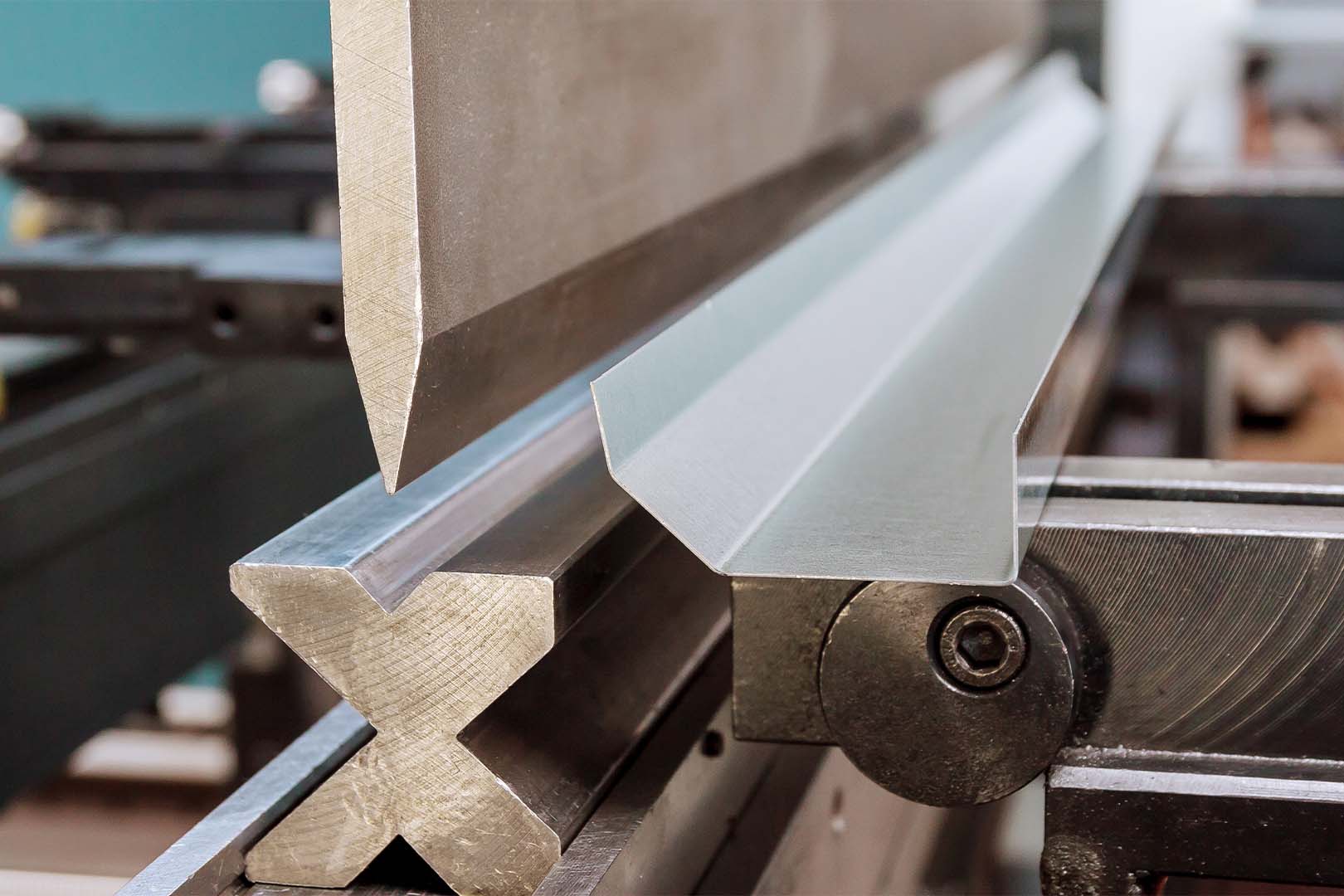Custom sheet metal fabrication is a versatile and essential process in the manufacturing industry, enabling the creation of a wide range of products and components. This process involves cutting, bending, and assembling metal sheets into desired shapes and sizes to meet specific requirements. The choice of material plays a crucial role in determining the properties and performance of the final product. In this article, we will explore some of the most common materials used in custom sheet metal fabrication and their unique characteristics.
Stainless Steel
Properties and Benefits
Stainless steel is one of the most popular materials used in custom sheet metal fabrication due to its excellent corrosion resistance, durability, and aesthetic appeal. It contains a high percentage of chromium, which forms a protective layer on the surface, preventing rust and corrosion. Stainless steel is also resistant to heat and can maintain its strength at high temperatures, making it suitable for various applications.
Applications
Stainless steel is widely used in industries such as food processing, medical devices, automotive, and construction. Its corrosion resistance makes it ideal for kitchen equipment, hospital fixtures, and outdoor structures. In custom sheet metal fabrication, stainless steel is often used for creating appliances, countertops, and decorative elements.
Aluminium
Properties and Benefits
Aluminium is another commonly used material in custom sheet metal fabrication. It is lightweight yet strong, offering an excellent strength-to-weight ratio. Aluminium is also resistant to corrosion and has good thermal and electrical conductivity. Its malleability makes it easy to form into complex shapes, and it can be anodised to enhance its surface properties.
Applications
Aluminium is widely used in the aerospace, automotive, and electronics industries. In custom sheet metal fabrication, it is commonly used for creating aircraft components, automotive parts, enclosures, and heat sinks. Its lightweight nature makes it ideal for applications where reducing weight is crucial, such as in transportation and portable devices.
Carbon Steel
Properties and Benefits
Carbon steel is a versatile material known for its strength and durability. It is available in various grades, each offering different levels of strength, ductility, and hardness. Carbon steel can be easily welded and formed, making it a popular choice for custom sheet metal fabrication. However, it is prone to rust and corrosion, so it often requires protective coatings or treatments.
Applications
Carbon steel is widely used in the construction, automotive, and heavy machinery industries. In custom sheet metal fabrication, it is commonly used for creating structural components, frames, brackets, and machinery parts. Its strength and affordability make it a practical choice for a wide range of applications.
Galvanised Steel
Properties and Benefits
Galvanised steel is carbon steel that has been coated with a layer of zinc to enhance its corrosion resistance. The galvanisation process involves dipping the steel into molten zinc, creating a protective layer that prevents rust and corrosion. This makes galvanised steel a durable and long-lasting material for custom sheet metal fabrication.
Applications
Galvanised steel is widely used in the construction, automotive, and agricultural industries. It is commonly used for creating roofing, gutters, fencing, and structural components that are exposed to the elements. In custom sheet metal fabrication, galvanised steel is often used for outdoor structures, HVAC systems, and electrical enclosures.
Copper
Properties and Benefits
Copper is known for its excellent electrical and thermal conductivity, making it a valuable material in various industries. It is also highly malleable and resistant to corrosion. Copper has a distinctive reddish-brown colour, which can develop a green patina over time, adding to its aesthetic appeal.
Applications
Copper is widely used in the electrical, plumbing, and architectural industries. In custom sheet metal fabrication, it is commonly used for creating electrical components, plumbing fixtures, roofing, and decorative elements. Its conductivity makes it ideal for electrical applications, while its resistance to corrosion makes it suitable for plumbing and architectural use.
Brass
Properties and Benefits
Brass is an alloy of copper and zinc, known for its attractive gold-like appearance and excellent machinability. It is resistant to corrosion and has good electrical conductivity. Brass is also non-magnetic and can be easily polished, making it a popular choice for decorative and functional applications.
Applications
Brass is widely used in the plumbing, electrical, and musical instrument industries. In custom sheet metal fabrication, it is commonly used for creating fittings, valves, connectors, and decorative hardware. Its aesthetic appeal and workability make it suitable for both functional and ornamental purposes.
Titanium
Properties and Benefits
Titanium is a high-strength, lightweight material known for its excellent corrosion resistance and biocompatibility. It has a high strength-to-weight ratio and can withstand extreme temperatures. Titanium is also non-toxic and non-magnetic, making it suitable for specialised applications.
Applications
Titanium is widely used in the aerospace, medical, and marine industries. In custom sheet metal fabrication, it is commonly used for creating aircraft components, medical implants, and marine hardware. Its unique properties make it ideal for applications where strength, weight, and corrosion resistance are critical.
Conclusion
The choice of material in custom sheet metal fabrication is crucial for achieving the desired properties and performance of the final product. Stainless steel, aluminium, carbon steel, galvanised steel, copper, brass, and titanium are some of the most commonly used materials, each offering unique benefits and applications. By understanding the characteristics of these materials, manufacturers can make informed decisions to meet the specific requirements of their projects. Whether it’s for strength, corrosion resistance, conductivity, or aesthetic appeal, selecting the right material is key to successful custom sheet metal fabrication.

